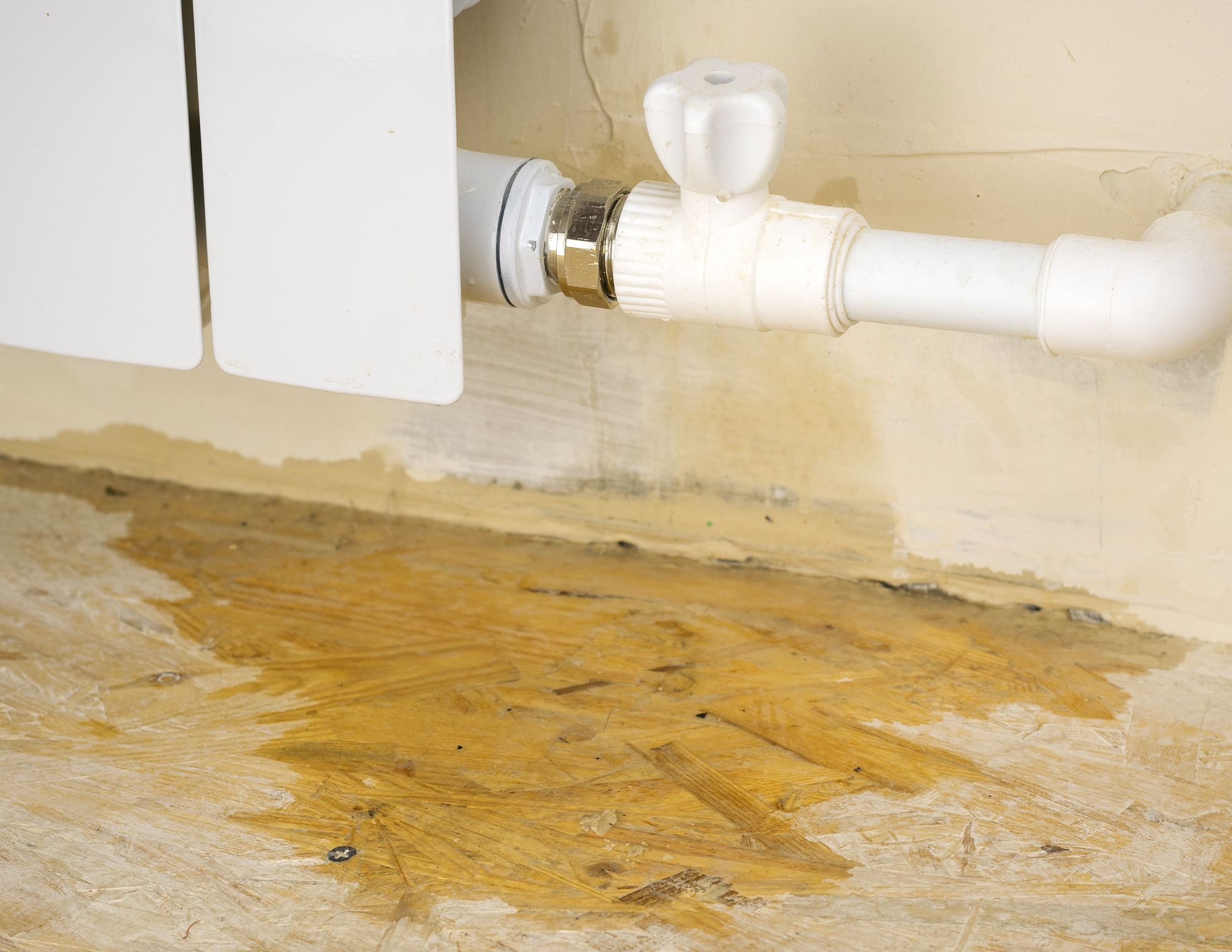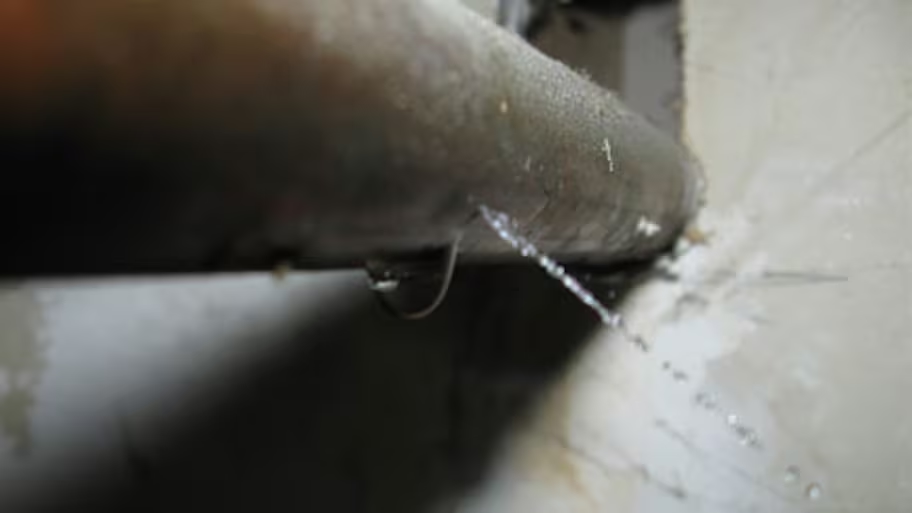The Residential Common Typical Factors of Water Leaks: Detailed Examination
The Residential Common Typical Factors of Water Leaks: Detailed Examination
Blog Article
Here below you can discover a bunch of really good facts relating to How to detect water leaks in your home.

Leaks not only trigger waste of water yet can also trigger unneeded damages to your residence as well as promote undesirable organic growth. Water leakages may go unnoticed since many of the pipework in our residence is hidden. By understanding and also looking for day-to-day circumstances that cause leakages, you can safeguard your residence from future leaks and also unnecessary damages. Today, we will consider 6 leak causes that might be triggering your pipelines to trickle.
Immediate temperature level adjustments.
Extreme temperature level modifications in our pipes can trigger them to expand and get suddenly. This expansion as well as tightening might cause splits in the pipelines, particularly if the temperature are listed below cold.
Rusty water systems
As time passes by, your plumbing system ages and rust such as corrosion might start eating away the pipes. This may be the cause of discoloration or warping on your water pipes. This requires an examination with your plumber right away. Think about replacing the pipes considering that they are at a greater risk of corrosion than the more recent designs if our plumbing system is old.
Malfunctioning Pipe Joints
The factor at which your pipes link is regularly the weakest link in the waterline. Pipeline joints can deteriorate gradually, resulting in water leaks. The bulk of pipe joints are not quickly noticeable. If you have noisy pipelines that make ticking or banging sounds, particularly when the hot water is activated, your pipeline joints are most likely under a lot of pressure. It is advisable to have your plumber inspect your system annually.
Encroaching roots
Most water leakages start outside the house as opposed to inside it. If you observe a sudden decline in water pressure, say in your faucet, take time to head out as well as analyze your lawn. You could discover damp patches or sinkholes in your backyard, and that could imply that tree origins are invading water lines creating water to seep out. You can have your plumber check for breach, especially if you have trees or bushes near your residential or commercial property.
Poor Water Connectors
Sometimes, a leakage can be brought on by loose hoses and pipes that supply your devices. Usually, changing is what creates the loosened water Links. You may find in the case of a cleaning equipment, a pipe may spring a leak as a result of drinking during the spin cycle. In case of a water links leakage, you may see water running straight from the supply line or puddles around your devices.
Obstructed Drains
Blocked drains pipes may be bothersome and also inconveniencing, however they can occasionally end up creating an overflow resulting in rupture pipelines. Keep eliminating any kind of materials that may drop your drains that could block them to stay clear of such inconveniences.
All the above are causes of leakages but not all water leaks arise from plumbing leakages; some leakages could come from roofing system leaks. All leakages must be fixed promptly to prevent water damage.
Leaks not just trigger waste of water yet can additionally trigger unnecessary damage to your home and advertise undesirable organic growth. By looking as well as understanding for day-to-day scenarios that trigger leaks, you can safeguard your residence from future leaks and also unnecessary damages. Today, we will look at six leakage causes that might be creating your pipes to leak.
At times, a leakage can be triggered by loosened tubes and pipes that provide your appliances. In case of a water links leak, you might discover water running straight from the supply line or puddles around your home appliances.
How To Check For Water Leak In Your Home
How To Check for Leaks
The average household's leaks can account for nearly 10,000 gallons of water wasted every year and ten percent of homes have leaks that waste 90 gallons or more per day. Common types of leaks found in the home are worn toilet flappers, dripping faucets, and other leaking valves. These types of leaks are often easy to fix, requiring only a few tools and hardware that can pay for themselves in water savings. Fixing easily corrected household water leaks can save homeowners about 10 percent on their water bills.
To check for leaks in your home, you first need to determine whether you're wasting water and then identify the source of the leak. Here are some tips for finding leaks:
Take a look at your water usage during a colder month, such as January or February. If a family of four exceeds 12,000 gallons per month, there are serious leaks.
Check your water meter before and after a two-hour period when no water is being used. If the meter changes at all, you probably have a leak.
Identify toilet leaks by placing a drop of food coloring in the toilet tank. If any color shows up in the bowl after 10 minutes, you have a leak. (Be sure to flush immediately after the experiment to avoid staining the tank.)
Examine faucet gaskets and pipe fittings for any water on the outside of the pipe to check for surface leaks.
Undetected water leaks can happen without the home or business owner even realizing. If you suspect a water leak, but not able to find the source. It is time to contact a professional water leak detection service, The Leak Doctor.
How To Find a Water Leak In Your Home
https://www.leakdoctor.com/blog/How-To-Check-For-Water-Leak-In-Your-Home_AE197.html

We had been made aware of that article on How Fast Water Damage Can Ruin Your Home from an acquaintance on a different web address. Are you aware of anybody else who is excited by Common Water Leaks In House? Be sure share it. Thank you for your time. Kindly pay a visit to our blog back soon.
Immediate assistance? Ring! Report this page